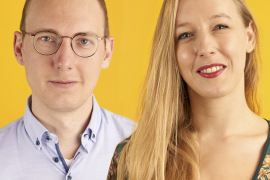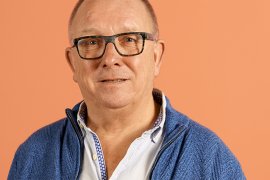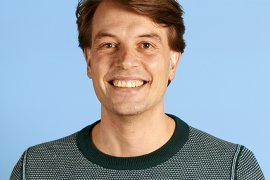Reliable medication for everyone
‘If you study pharmaceutical sciences, it’s a logical step to work in the pharmaceutical industry or become a pharmacist. I quickly realised that wasn't for me.’ Instead, Thomas Dorlo is aiming to make reliable medication available to everyone.
Thomas has been working on so-called neglected tropical diseases since his PhD programme. Peter de Vries, who is also an alumnus of Utrecht University and now works as an internist at Tergooi Hospital, was the one who introduced him to the world of tropical medicine. ‘The mainstream pharmaceutical industry does a lot of good, but its development is economically driven and aimed at patients who can afford it. Peter has made me more idealistic. I became motivated to improve the accessibility of medicine and make the biggest possible social impact with my work.’
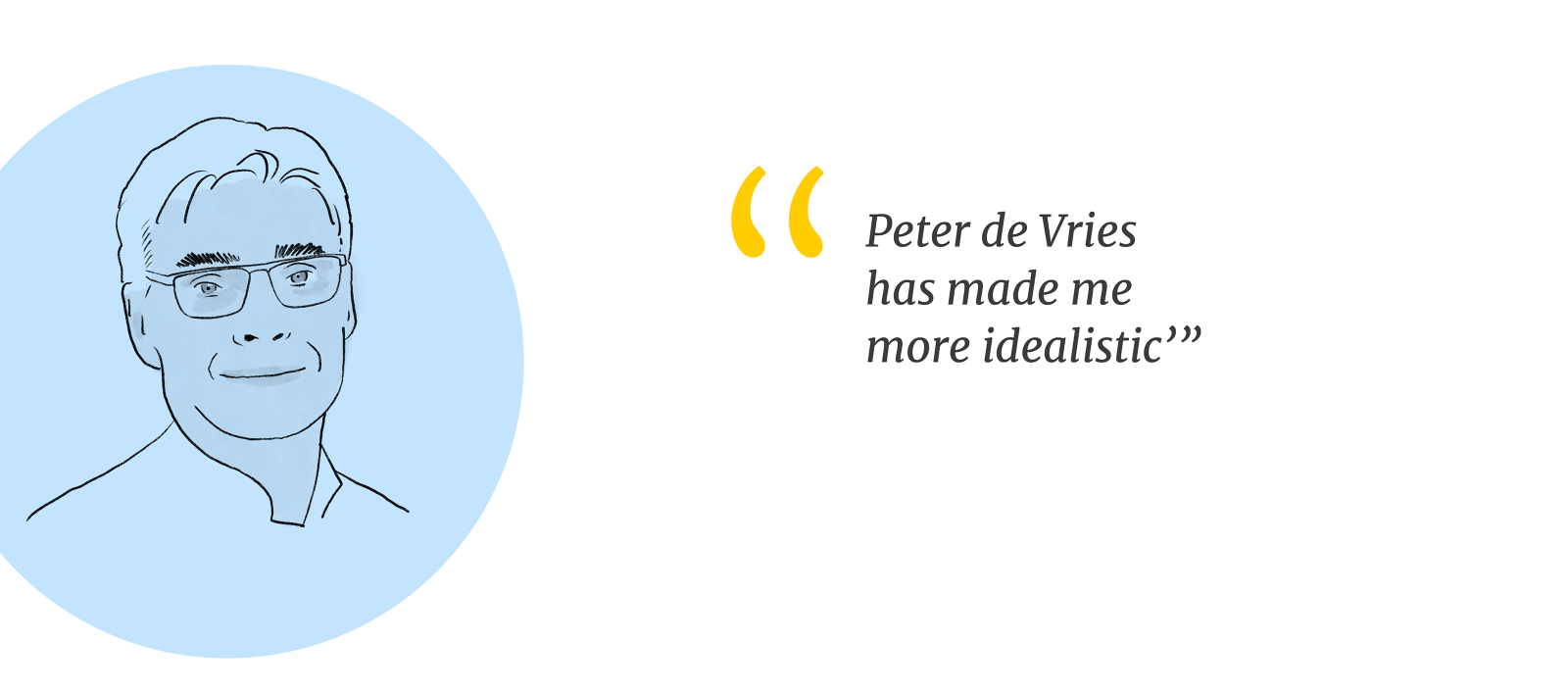
New use for anti-cancer drugs
Thomas is currently working at the Netherlands Cancer Institute (NKI), where he conducts research on improving cancer treatments and on neglected tropical diseases. ‘The mathematical models I work with relate to exposing the body to medication. These models can be applied in many different contexts. At the same time, I’m also part of a group that’s researching parasitic diseases. This work is relevant to the NKI because a number of anti-cancer drugs have been re-purposed for parasitic infections.’ Thomas is additionally working to improve treatments for population groups that are less ‘interesting’ for pharmaceutical companies, such as pregnant women and young children.
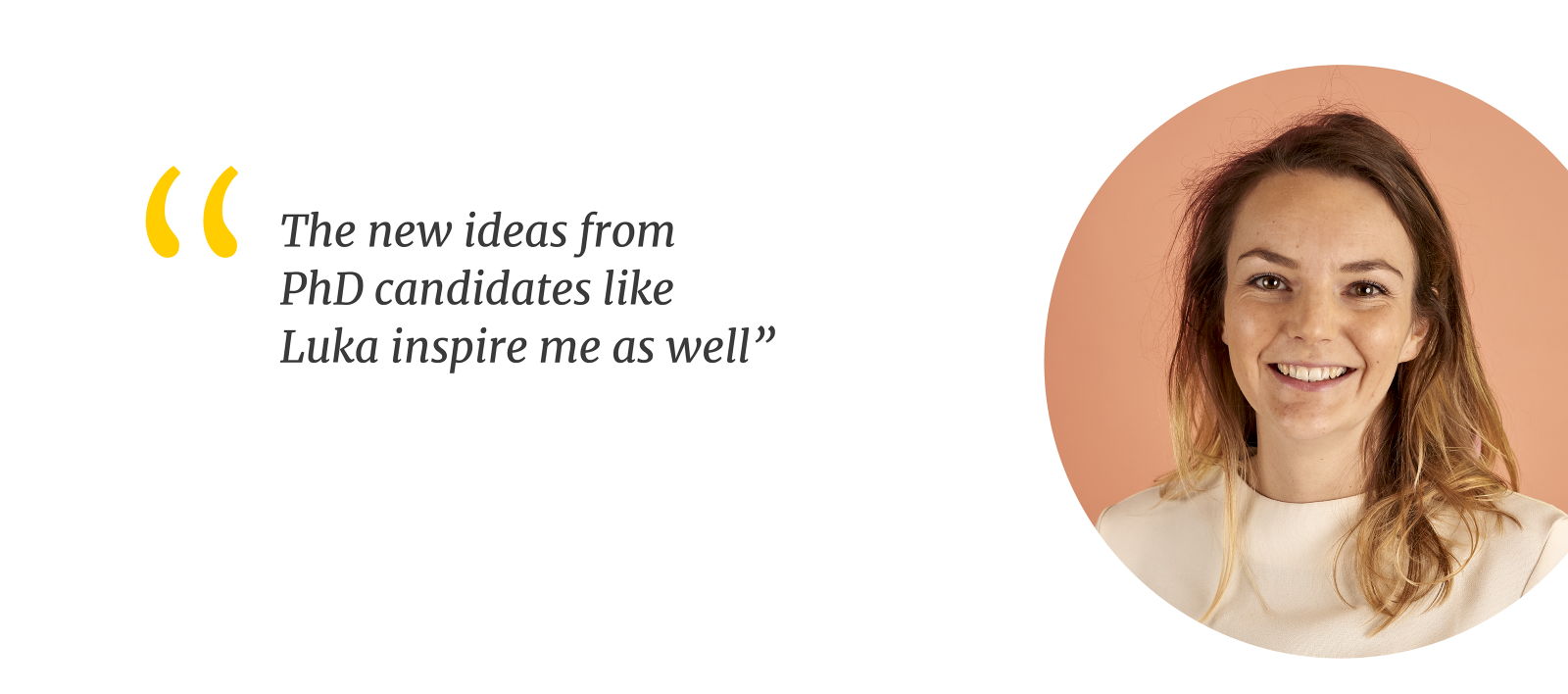
International collaboration
To promote access to drugs, collaboration is essential. However, it can often be complicated as well. ‘When conducting research in the field of paediatric oncology or tropical medicine, you frequently have to collaborate with partners all over the world in order to include enough patients. What would normally be done by a single multinational, we do with a bunch of different institutes and groups.’
The potential results of such collaboration can be seen in the study on leishmaniasis, a parasitic disease. Thomas conducted research on the dosage of the first oral drug for children. His findings are now being implemented in East Africa and South Asia.
Thomas also collaborates with the PhD candidates he supervises at the NKI. ‘Academics sometimes get stuck in a rut, so new ideas are very important. My PhD candidates help me to broaden my view.’ Alumnus Luka Verrest is one of them. ‘Luka is also very idealistic and highly motivated to work on making drugs available for neglected patient groups. Because she and other PhD candidates are so inspired to work towards this goal and come up with new ideas, I get inspired as well.’


